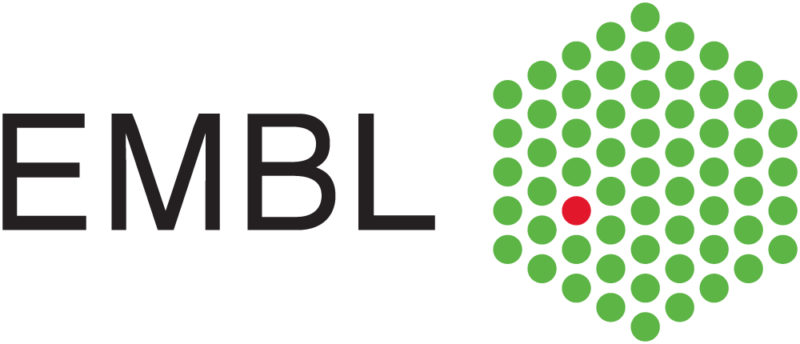
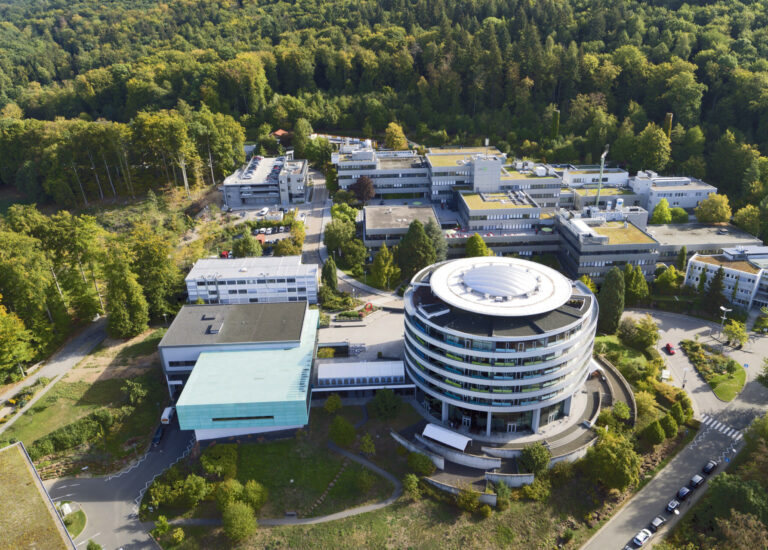
EMBL
EMBL is Europe’s flagship laboratory for the life sciences and one of the world’s top research institutions. Established in 1974 as an intergovernmental organisation, EMBL is supported by 27 member states, 2 prospective member states and one associate member state.
EMBL performs fundamental research in molecular biology, studying the story of life. The institute offers services to the scientific community; trains the next generation of scientists and strives to integrate the life sciences across Europe.
EMBL is international, innovative and interdisciplinary. Its more than 1800 staff, from over 80 countries, operate across six sites in Barcelona (Spain), Grenoble (France), Hamburg (Germany), Heidelberg (Germany), Hinxton (UK) and Rome (Italy). EMBL scientists work in independent groups and conduct research and offer services in all areas of molecular biology.
One of EMBL’s core missions is the development and transfer of know-how and technologies to academia and industry to facilitate further research, innovation and commercialisation for the benefit of society at large. This activity is supported by EMBLEM the wholly owned subsidiary and exclusive technology and knowledge transfer partner of EMBL. It is responsible for identifying, protecting and commercializing intellectual property and associated technologies and materials developed in the EMBL-world and actively supports EMBL scientists in the beLAB2122 projects.

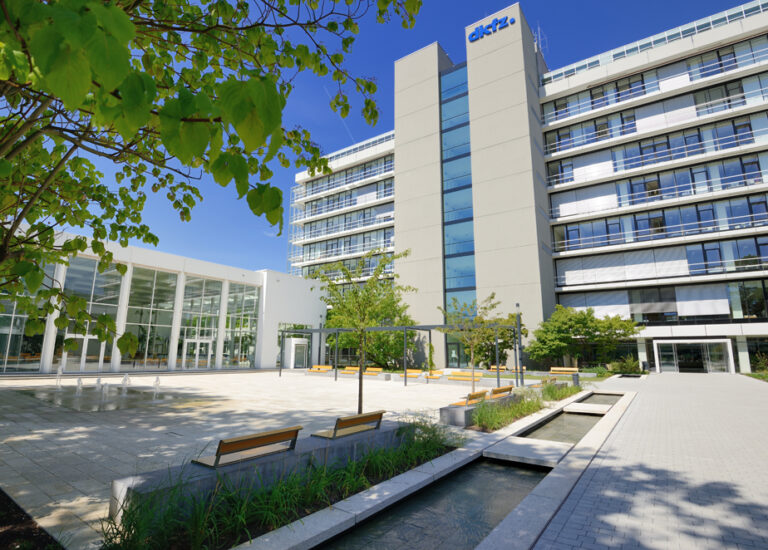
DKFZ
The German Cancer Research Center (Deutsches Krebsforschungszentrum, DKFZ) with its more than 3,000 employees is the largest biomedical research institution in Germany. More than 1,300 scientists at the DKFZ investigate how cancer develops, identify cancer risk factors and search for new strategies to prevent people from developing cancer. They are developing new methods to diagnose tumors more precisely and treat cancer patients more successfully. The DKFZ’s Cancer Information Service (KID) provides patients, interested citizens and experts with individual answers to all questions on cancer.
Jointly with partners from the university hospitals, the DKFZ operates the National Center for Tumor Diseases (NCT) in Heidelberg and Dresden, and the Hopp Children’s Tumour Center KiTZ in Heidelberg. In the German Consortium for Translational Cancer Research (DKTK), one of the six German Centers for Health Research, the DKFZ maintains translational centers at seven university partner locations. NCT and DKTK sites combine excellent university medicine with the high-profile research of the DKFZ. They contribute to the endeavor of transferring promising approaches from cancer research to the clinic and thus improving the chances of cancer patients.
The DKFZ is 90 percent financed by the Federal Ministry of Education and Research and 10 percent by the state of Baden-Württemberg. The DKFZ is a member of the Helmholtz Association of German Research Centers.
The DKFZ Innovation Management team is working at the interface of research, industry and venture capital. The team supports scientists from securing Intellectual Property through product development towards market introduction, including applications to beLAB2122 funding.
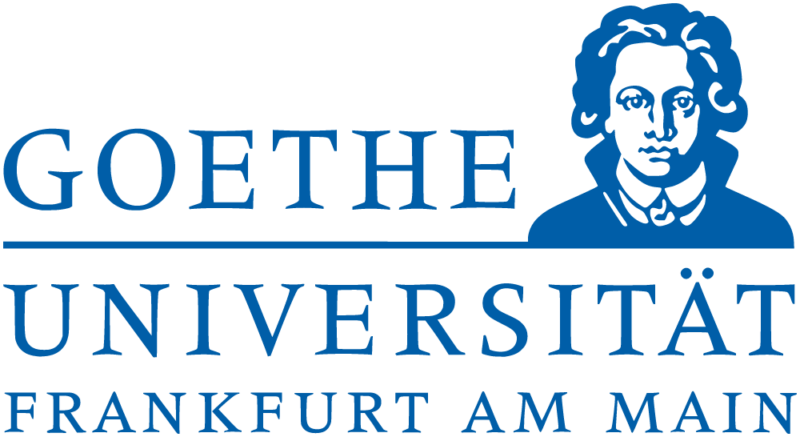
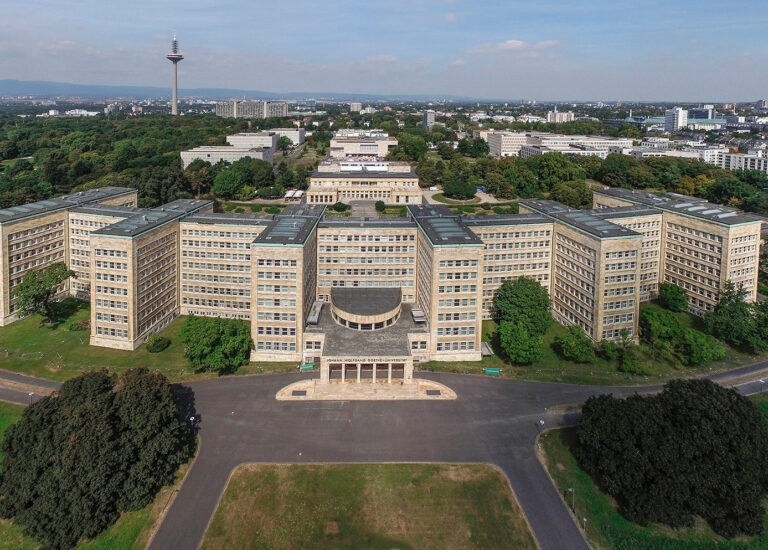
Goethe University Frankfurt
Goethe University Frankfurt is a research-intensive university in the European financial metropolis of Frankfurt. Founded in 1914 with private funds mainly from Jewish donors as a university with a high degree of autonomy, it has since made pioneering achievements in the fields of social sciences, economics, medicine, quantum physics, brain research and labor law. On January 1, 2008, the university returned to its historical roots as a university foundation under public law, gaining a high degree of autonomy. Today it is one of the four largest German universities. Together with the Technical University of Darmstadt and the Johannes Gutenberg University of Mainz, the Goethe University is a partner of the cross-border strategic university alliance Rhine-Main.
INNOVECTIS is the technology transfer company of Goethe University and serves as an important link between academia and industry. Our special business model enables scientists and companies to perform a straight forward and practice-oriented knowledge and technology transfer. Our business segments include, patent management and commercialization, research and development projects, spin-offs and start-Ups, scientific consulting and project funding.
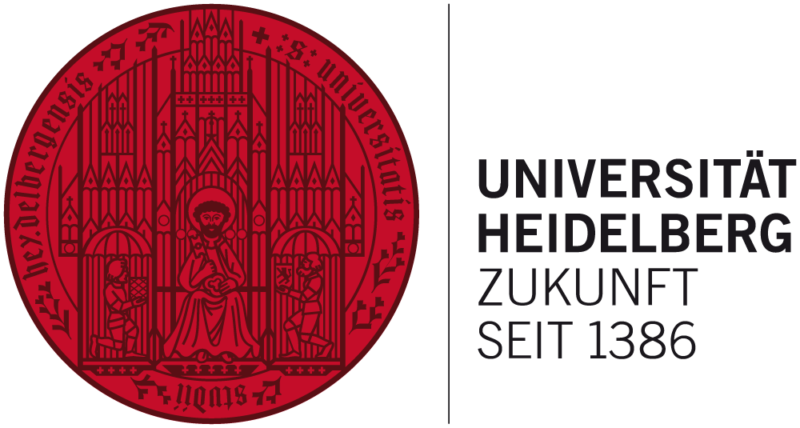
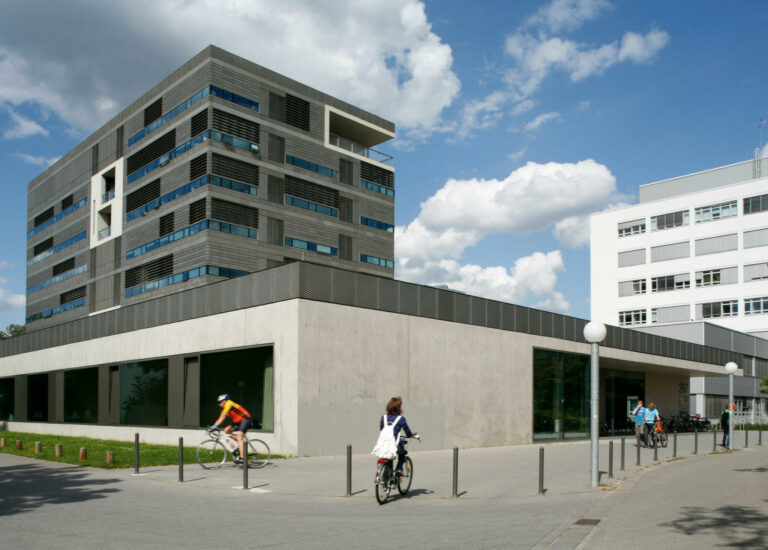
Heidelberg University
Established in 1386, Heidelberg University – also known as Ruperto Carola – is Germany’s oldest university and one of Europe’s most research-intensive institutions. Its successes in both the Excellence Initiative and the Excellence Strategy, and in internationally recognised rankings substantiate the leading role of Heidelberg University in the academic, scientific and research landscape. In educating students and advancing outstanding young researchers, Ruperto Carola emphasises research-based teaching and structured doctoral training programmes in its graduate schools.
Heidelberg University is a comprehensive research university. Its broad subject spectrum in twelve faculties includes the humanities, law, the social and behavioural sciences, the life sciences, medicine, and the natural sciences. With approximately 180 degree programmes, Heidelberg offers a preeminent array of subject combinations. The university actively participates in a worldwide network of teaching and research collaborations: 27 institutional partnerships at the overall university level and exchange arrangements with more than 450 universities throughout the world underscore the strength of Ruperto Carola’s international ties.
The university is committed to advancing exceptional individual disciplines, promoting dialogue beyond traditional disciplinary boundaries, and turning research findings to good use for society and the economy. In this endeavour, it also relies on strong partners outside the university.
hei_INNOVATION, the transfer agency at Heidelberg University, is the first point of contact for all matters related to knowledge and technology transfer. Its key objective is to coordinate the transfer activities at the university and work with specialized divisions from non-university institutions as well as industry partners in order successfully to transfer research results into society. Through these efforts, hei_INNOVATION creates a fertile ground for innovative thinking and the development of forward-looking, sustainable ideas beyond disciplinary or institutional boundaries.

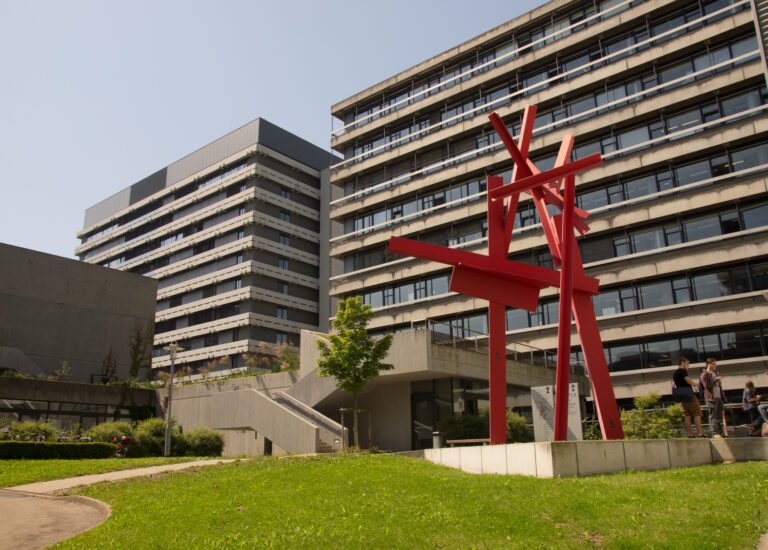
Tübingen University
Innovative. Interdisciplinary. International. These have been our guiding principles in research and teaching since our founding in 1477. Tübingen’s success in the German government’s Excellence programs since 2012 have placed it among the most outstanding universities in Germany. The University is also well-placed in international higher education rankings.
More than 4,500 scientists and academics work at the University of Tübingen. We invest more than 200 million euros annually in a wide variety of research projects. As a comprehensive research university, Tübingen has solid foundations in the Sciences and Life Sciences as well as in the Humanities and Social Sciences. We have special strength due to our close collaboration with many non-university research institutions in our region and with notable universities around the world.
With more than 200 study programs on offer, the University of Tübingen gives prospective students a wide range of choices. A sharp focus on research is a major drawcard for Master students and doctoral candidates. The University not only trains our future experts and leaders; it is living up to its responsibility for the world of tomorrow.
The technology transfer at the University of Tübingen informs, advise and supports scientists in all questions of cooperation between science and industry, including beLAB2122.

